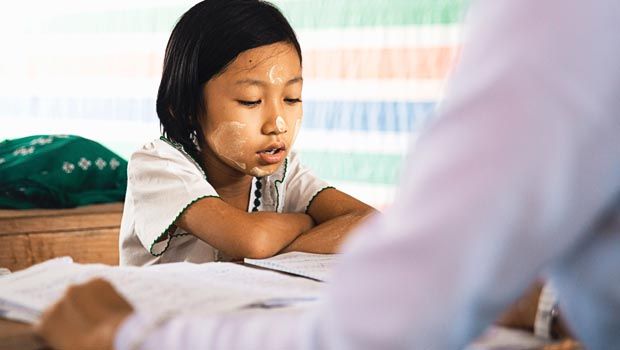Bullying happens too often in schools, both in public and Islamic schools, and parents often don’t know what to do to help their child when he or she is a victim of bullying. When a parent becomes aware that their child is being bullied, it’s very important to address the issue immediately in order to avoid the negative effects of bullying. Those negative effects can impact their development, and diminish their confidence, security, and sense of self-worth.
Studies in the past have shown that children who are subjected to bullying are likely to have problems in various other aspects of their lives. In addition to feeling unsafe, the child who is subjected to bullying feels the misery of social rejection. This can lead to poor academic performance and other more serious problems as the child gets older. Wanting to feel accepted and liked by his or her peers is extremely important to a child. Yet some children simply lack the social skills that allow them to navigate their way successfully on the playground, in groups of children playing together, or in any casual interaction with peers whether in the classroom, in the hallway, or during lunch at the cafeteria.
For all children, the younger ones as well as older youth, it is also very important to make sure that they have some basic guidelines as to how to respond when bullying does occur. There is a nonprofit organization that provides very practical steps that you can teach your child in this regard. Their website is www.kidpower.org. The guidelines are available at: kidpower.org/library/article/prevent-bullying/.
In all cases, make sure that you are supportive of your child and that he or she knows they can tell you anytime about what is going on at school and anything they are having difficulty with. Never convey the idea to your child that he should ignore the bullying or that she is somehow to blame. Make sure he knows that bullying is wrong and that it is not his fault. Share with your child the Islamic teachings about mocking others, calling them names, or talking badly about other people. You can read with your child Surah Al-Hujurat, verse 11, and discuss the meaning on an age-appropriate level.
When your child is bullied, gently try to get him or her to talk about the bullying so that you can elicit information and details about when, where, and how it happens. Talk to your child’s teacher and, if necessary, the school principal and let them know that you want to work with them to ensure that your child does not continue to be subjected to bullying.
Most importantly, make sure that your home is a place where your child feels safe and secure, physically as well as emotionally. Your child should always feel that he/she can openly and honestly communicate with you. Let your child know that together you can solve any problem or handle any challenge, and that with patience and perseverance the solution will be found.
Contributed by LivingEman.com





